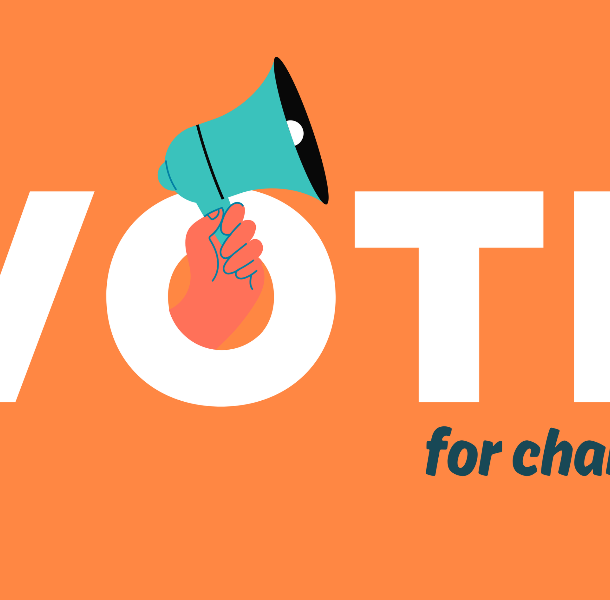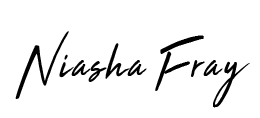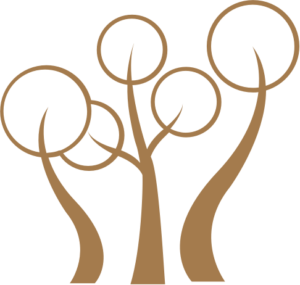
By Karen M. Clark-Keys, Ph.D.
Focusing on what is relevant to the task at hand, let this speak to what are the well springs of what informs and motivates my actions as a voting advocate, an activist, and a believer in an inclusive, rather than exclusive world.
As a child of parents who both came from Louisville KY, returning from my place of birth in Columbus OH to be raised by my grandparents in Louisville, I curled up next to my grandfather who taught me to read the newspaper with him every night. Thus began my introduction not only to reading, but to civic society, and current events. At other times, my so-called “bedtime stories” was reading illustrated history “comic books” or random selections from World Book Encyclopedia with my grandmother. The seeds of awareness of the impact of politics, local, national and international, were laid in me early. The love of history was begun here.
It was this same grandfather who took me to every election he voted in. He explained to me, or at least planted the seeds of understanding in me, the different branches of government, who we were voting for and why. It was a rare things in the 50’s and 60’s for Black fo’k to have access to the ballot box, but I was privileged to be shown that the vote was my right, even my pleasure. This voter was born at a very early age.
It was also as a child of less than 10 walking across our front yard sidewalk, that I had a realization that somewhere, on some day, that I would somewhere, somehow, yet to be determined, do something with art. But first there was college. It began with a glorious Freshman and Sophomore year at a Massachusetts college, and then completing my undergrad at the University of Louisville. All in Visual Art, but without mentors that looked like me, and lacking role models or a real sense of the possibility of an artistic career of my own, I instead, entered the world of “make due / make a livin’” work. Art became a dream dimmed, if not deferred. But this too was a gift. This taught me the very powerful need for role models, mentors and life stories of people who look like ones self. This lesson from lack became a huge part of my life philosophy and commonality shared with my believed husband, that we, in turn, imparted into our two daughters. Know your history. Know your people. And know that, yes you CAN do it!
As part of years and years of interesting but highly varied wanderings through an array of jobs, a major stop on the employment journey was being an automotive manufacturing worker for General Motors. I even briefly held a UAW card before taking on a “clip board job” as a shop floor timekeeper. Whether from the history I already knew about John L. Lewis and the United Coal Workers, to now working in the trenches of Fisher Body-Coit Rd. in Cleveland OH (GO BROWNS! Yeah, I said it!), I developed a passionate pride, respect and belief in Unions and the power and effectiveness of individuals organizing for their own justice and protection. I was mainlined into the firm knowledge that collective action is indeed the only thing that changes society.
Eventually the opportunity came for me to put myself on at least one track of the art world. In 1990, I had the tremendous honor of beginning my Teacher Certification in Art Education at North Carolina Central University. I learned more in those 2 short years than all of my previous undergraduate years. Here, I not only learned the history of, but actually met an array of Black visual artists in all kinds of media. I learned more about the practical craft of art making along with the history of African and Black Art that had been only the tiniest of doses scattered in my previous education.
And I had instilled in me a bedrock in how and why Art Education was a critical part of developing the whole person. It has nothing to do with the making of art per se, or knowing the name of this sculpture or that painter. It has to do with SEEING.
On the door of my later classroom, I kept a poster, unavoidable to all who entered that said “Sight is a faculty. SEEING is an art.” Seeing things from different perspectives, sitting with something long enough to let “it”, what ever the “it” is, reveal itself to you. Being clear about what you can see, but also aware that there are things that you can not. Being taught and modeled this by my beloved HBCU Art and Art Education faculty, and then being able to put it into practice in my subsequent roles is probably the greatest definer of who I am, much less my work life. Can you put yourself in a different point of perspective? Are you really thinking about what you are seeing? What is it that you don’t know? How do you weigh what you do and don’t want to make important? Even for the non-artist, going through this process thoughtfully is a tremendous practice in critical thinking and analysis, something sorely lacking in our current political environment. Being exposed to both the uniqueness and the common threads of all kinds of cultures, time periods, art forms and methods, and the people and cultures making it, makes ones world view broader. Such a world view is what informs my sense of inclusion and mutual respect.
This has become to long, but allow me to briefly refer to my completing both my Masters and Ph.D. from The Ohio State University. Considering some of the things that bent the arc of my life thus far, it is no surprise that my graduate studies thesis and dissertation were about the public policy aspect, and community art and activism. Following the completion of graduate school, I worked as an administrator in the Art Education department of the Cleveland OH public school system. Here was where I really was bathed and baptized in the machinations of bureaucracy, public policy, and education maze of regulations and restrictions, funding and structural labyrinths – writ large. Here is where I truly got to know a small portion of how “politics” works and how impactful it is on all aspects of our lives. Even when I left to became part of the inaugural team that opened a non-profit that included an arts program for high school students, all of this took me further in understanding how our engagement in daily political life is imperative. But this engagement is one that we as people in general and Black fo’k in particular, are not just ill informed, but worse, taught and conditioned to accept the lie that we are powerless.
This is far too long. I apologize, but I wanted to give some notion of what brings me to the place of voter activism, informed by own engagement going back to things such as the Oct 1969 Boston National Moratorium against the Vietnam War demonstration in Boston, and even before that at my own Massachusetts college fighting against racist violence against black male students. It’s not the degrees and the job titles, the advisory boards, focus groups or board memberships. It is what was developed and learned along the way. That is the real story to tell. The real biography.



